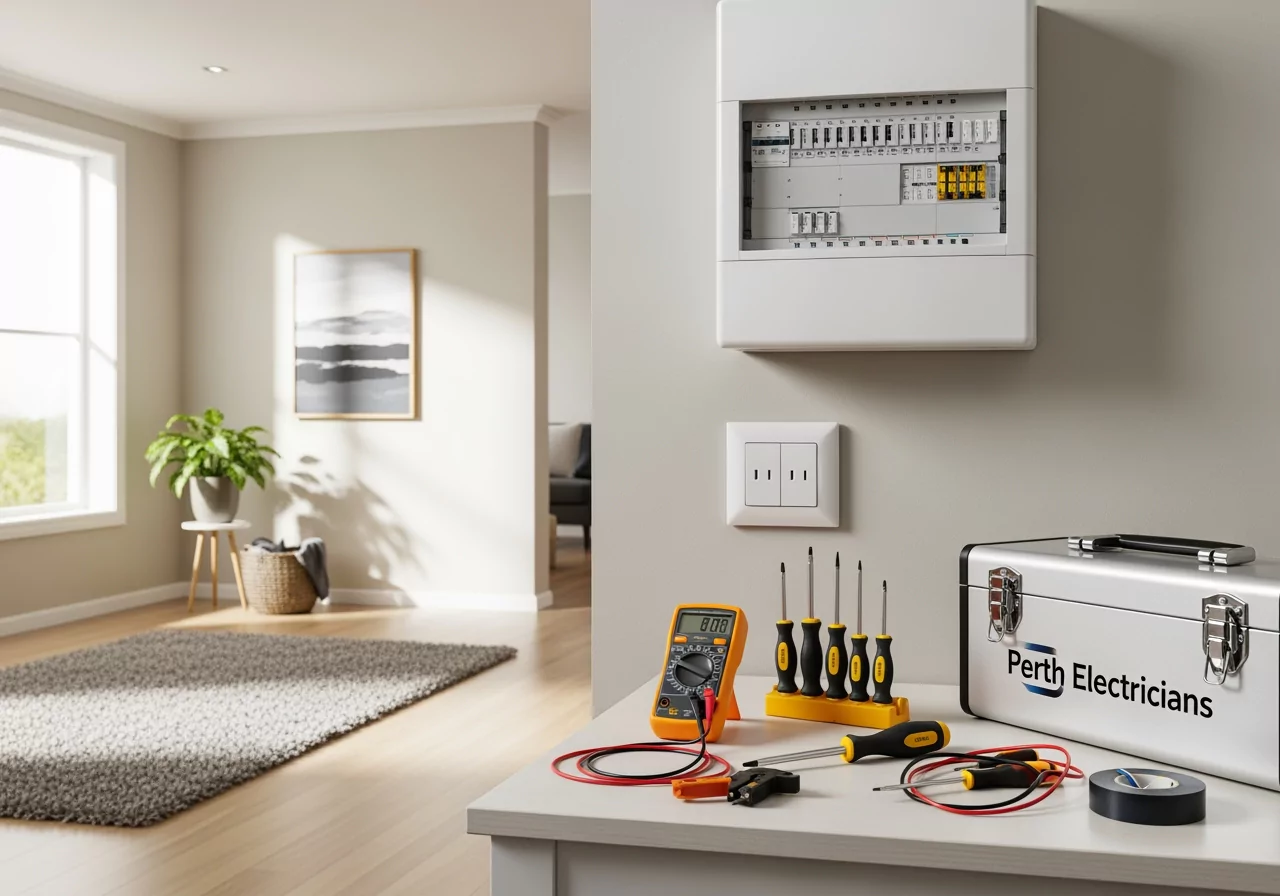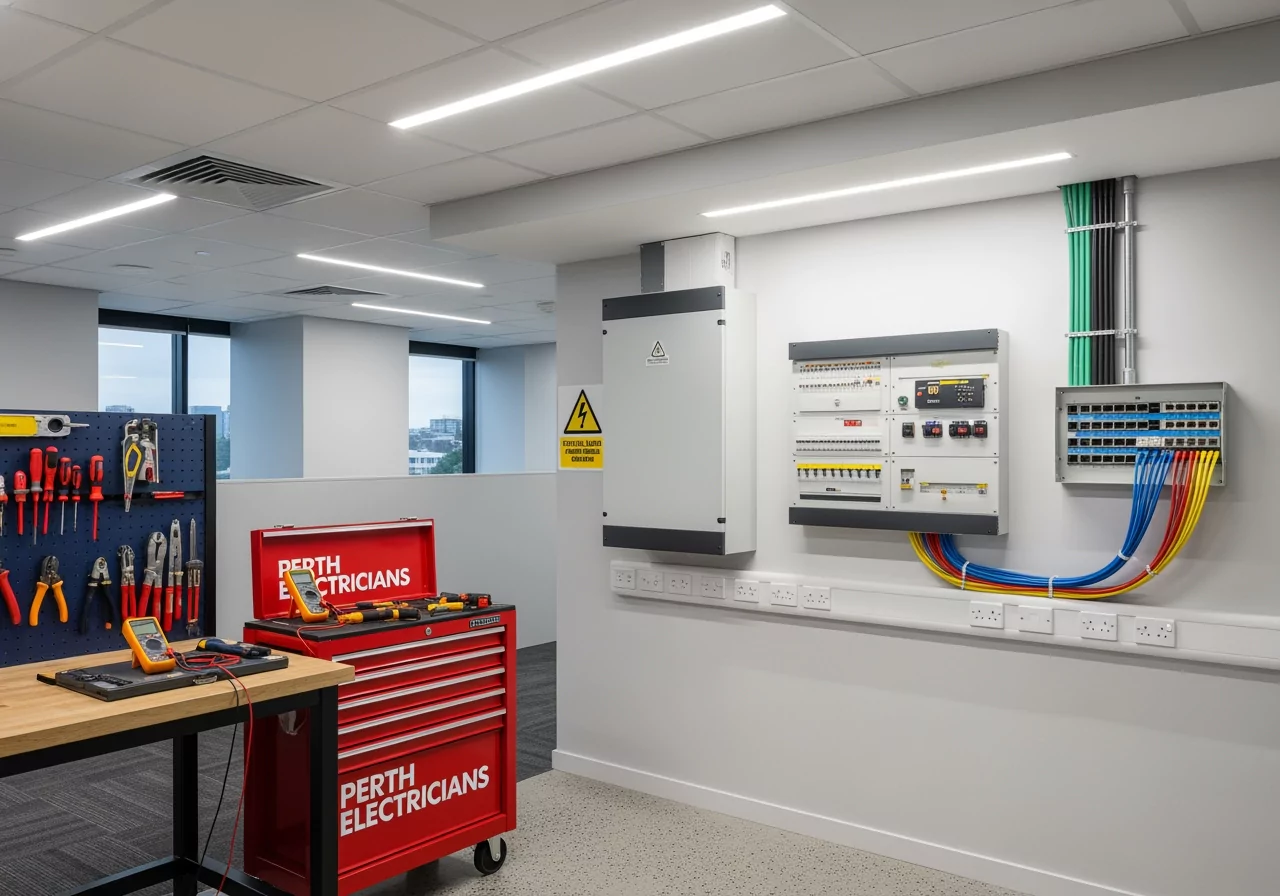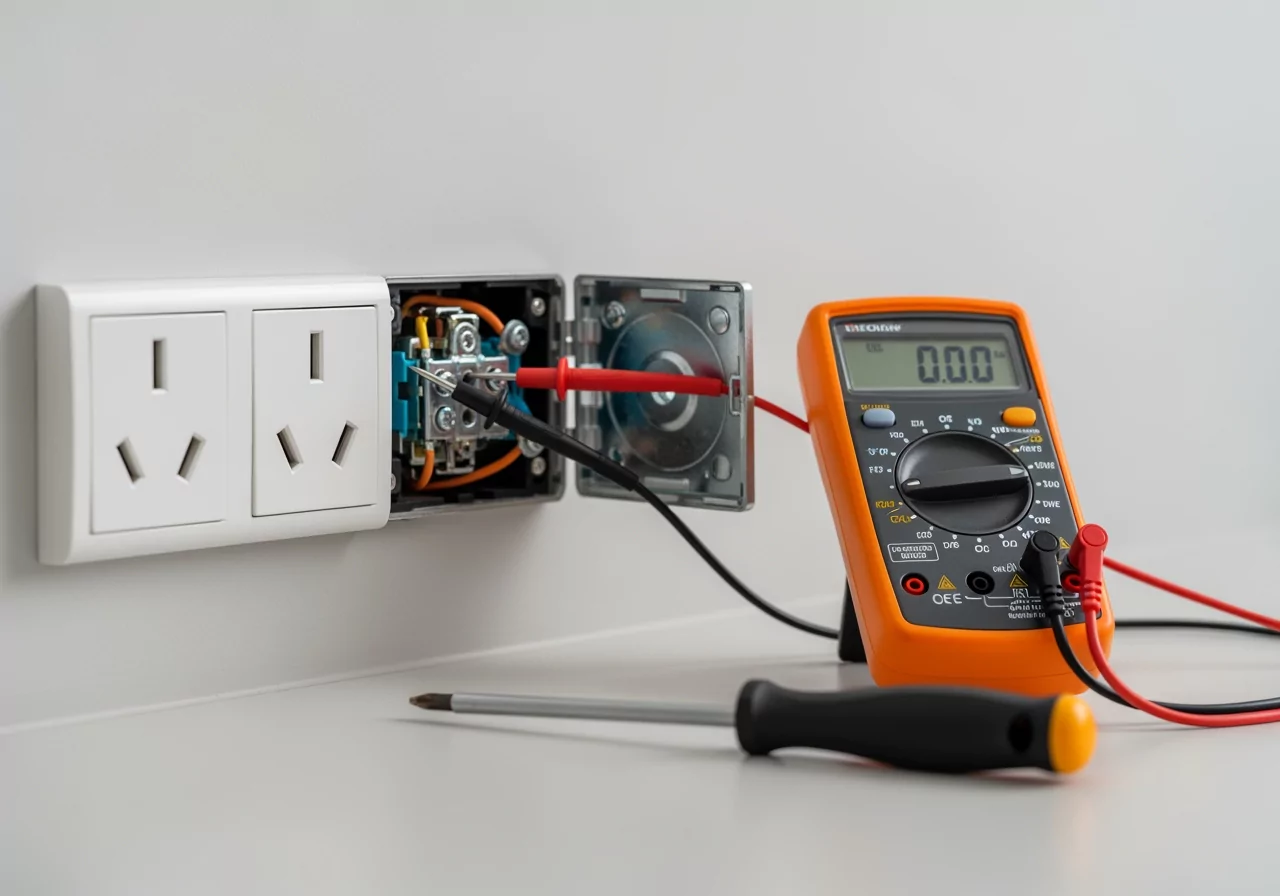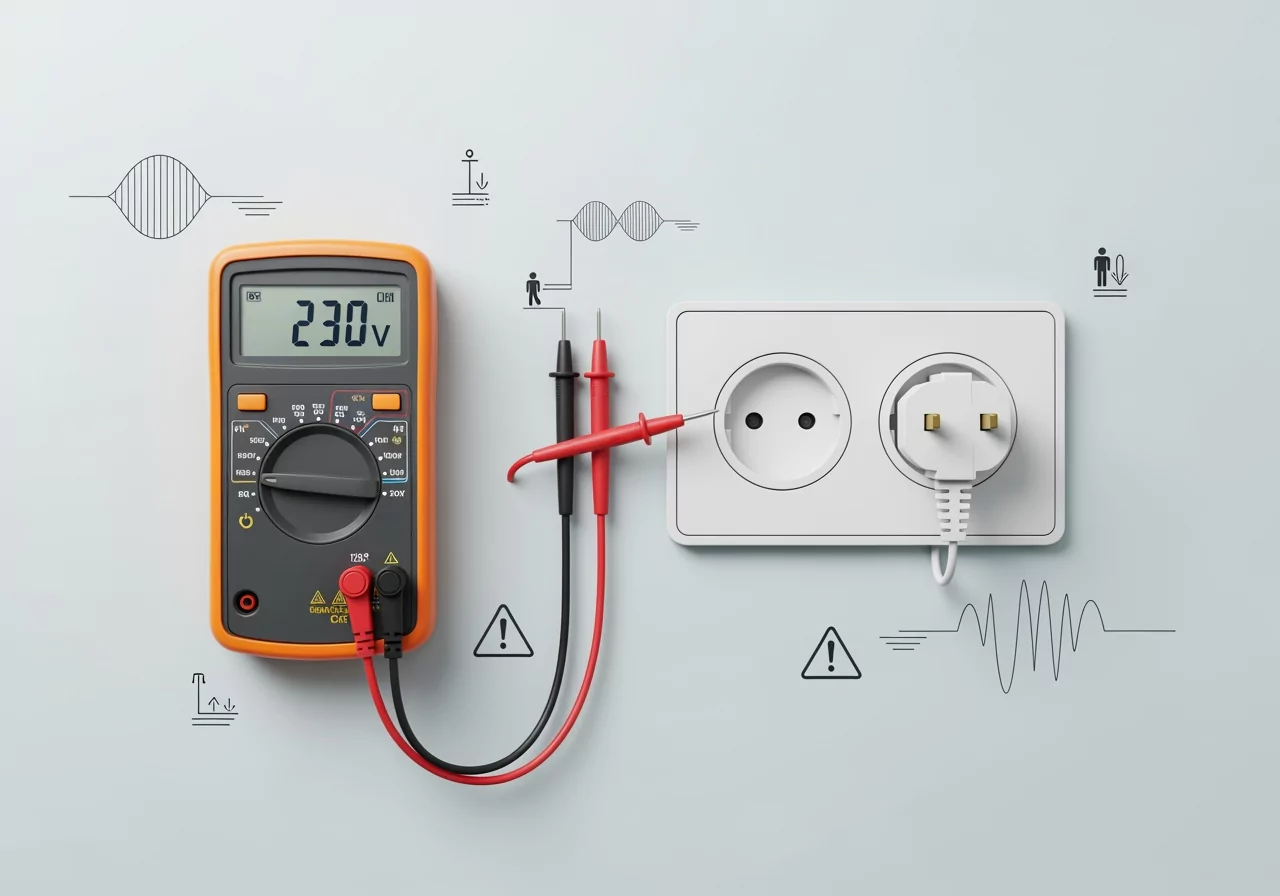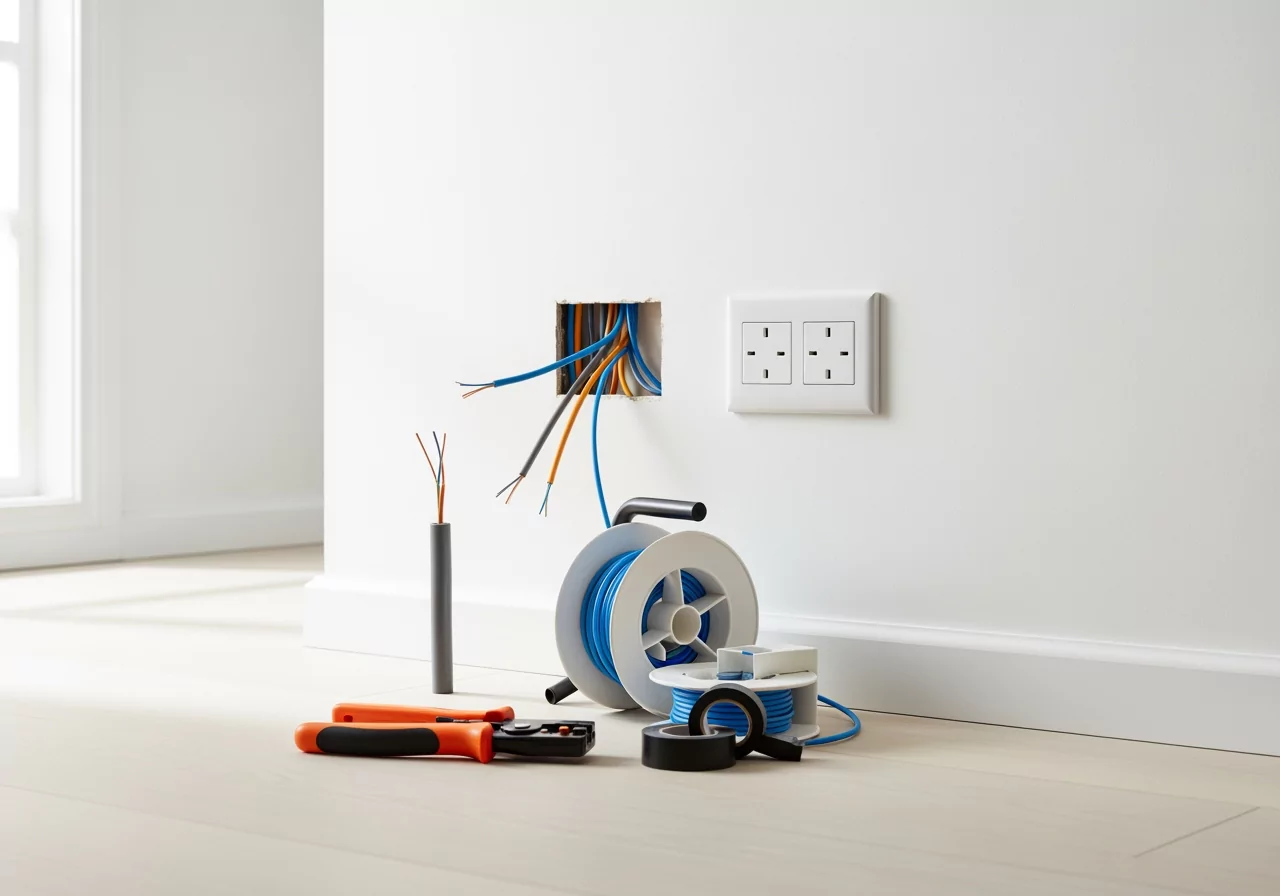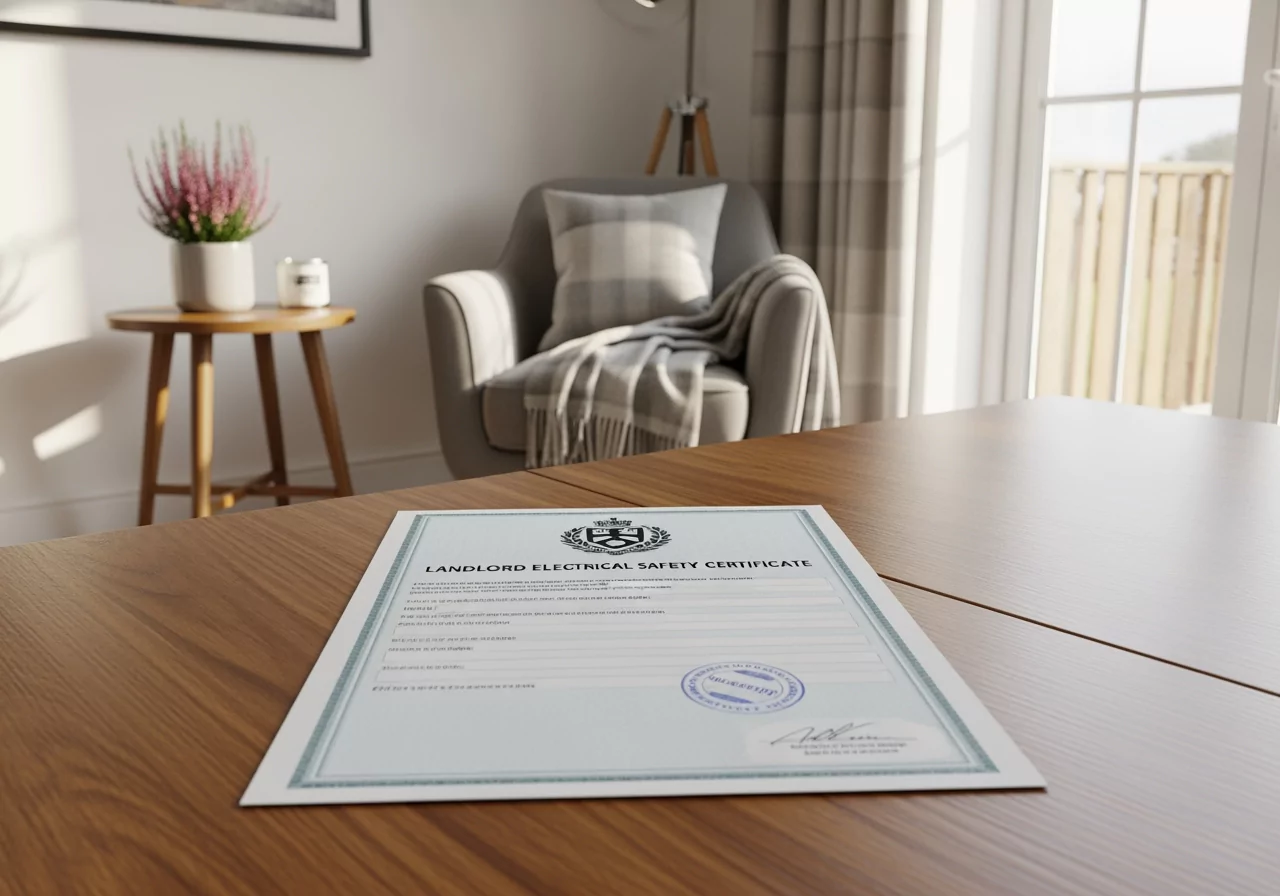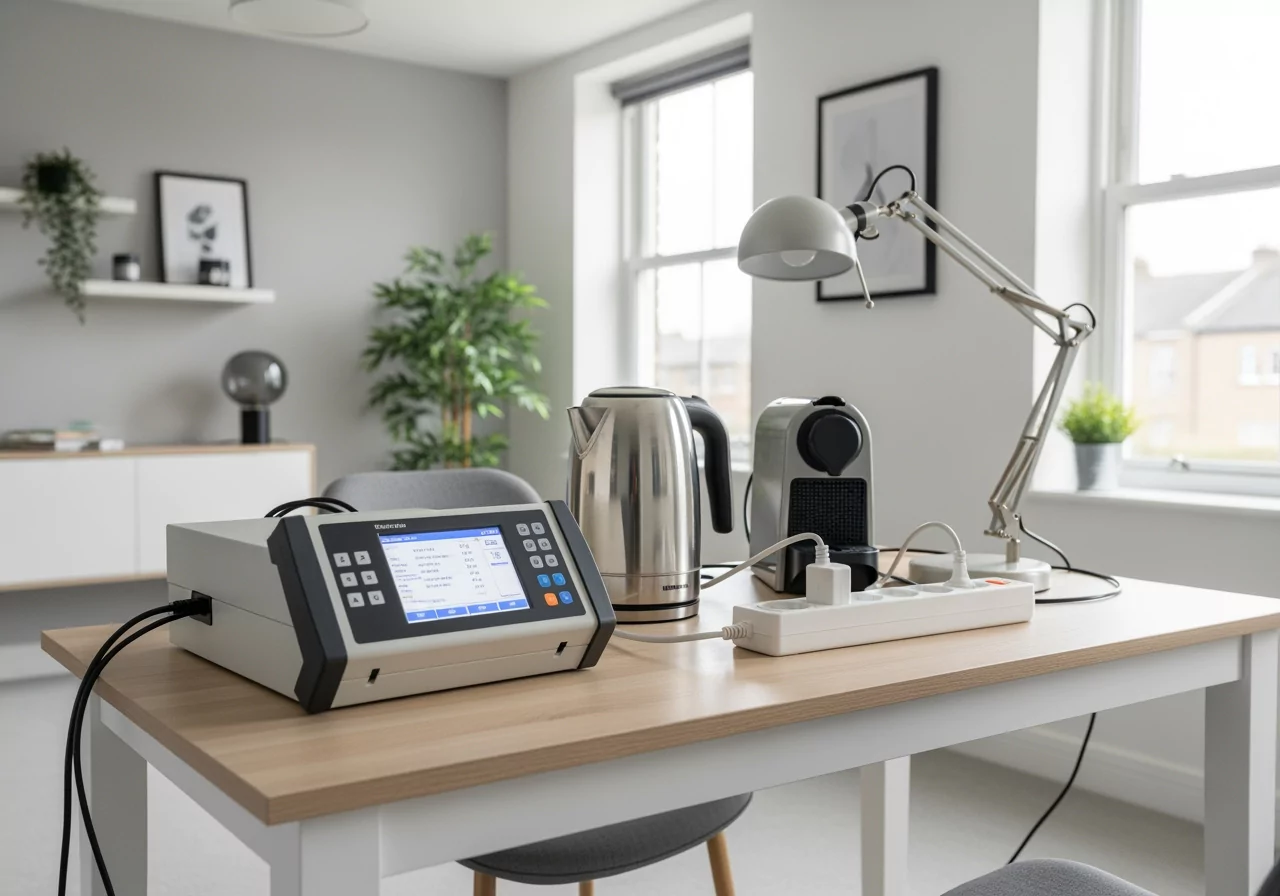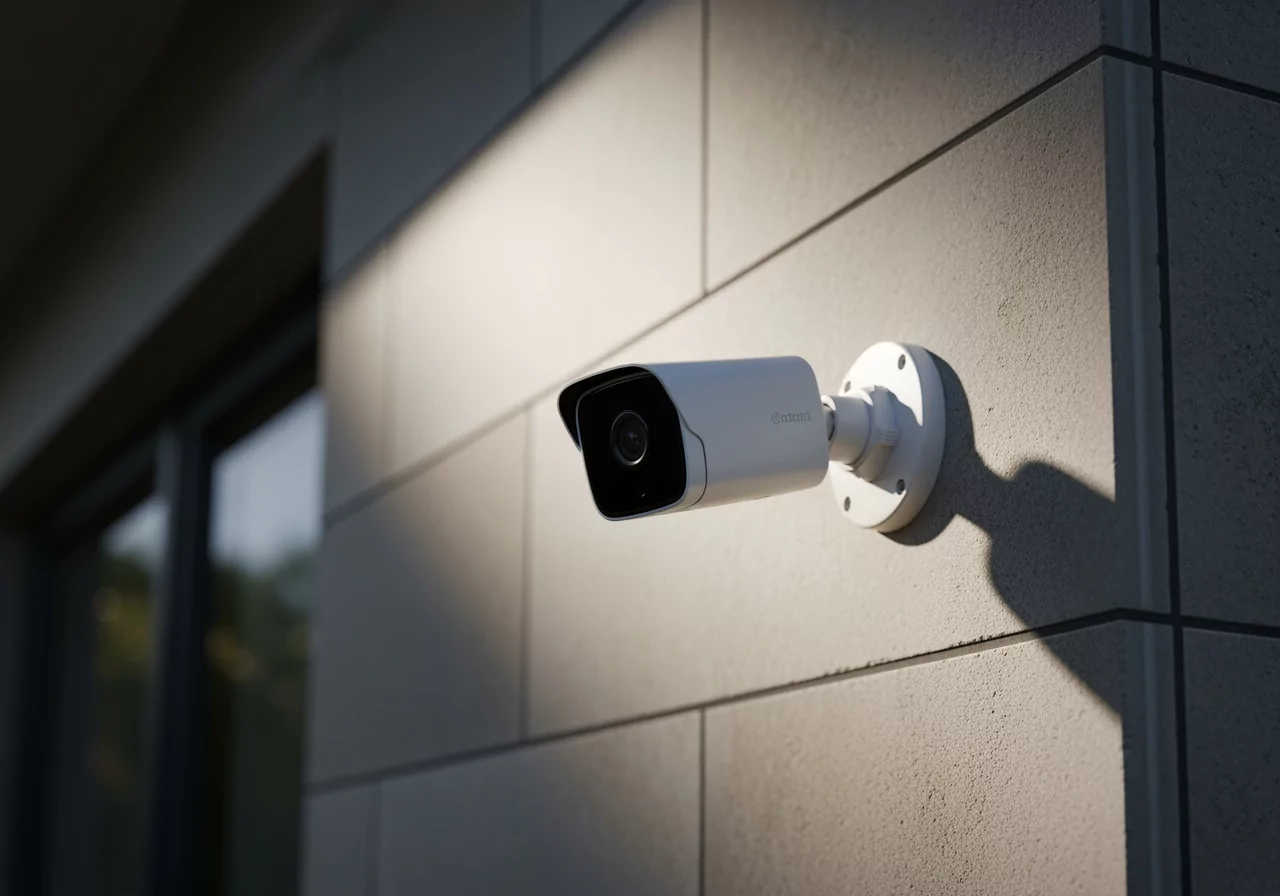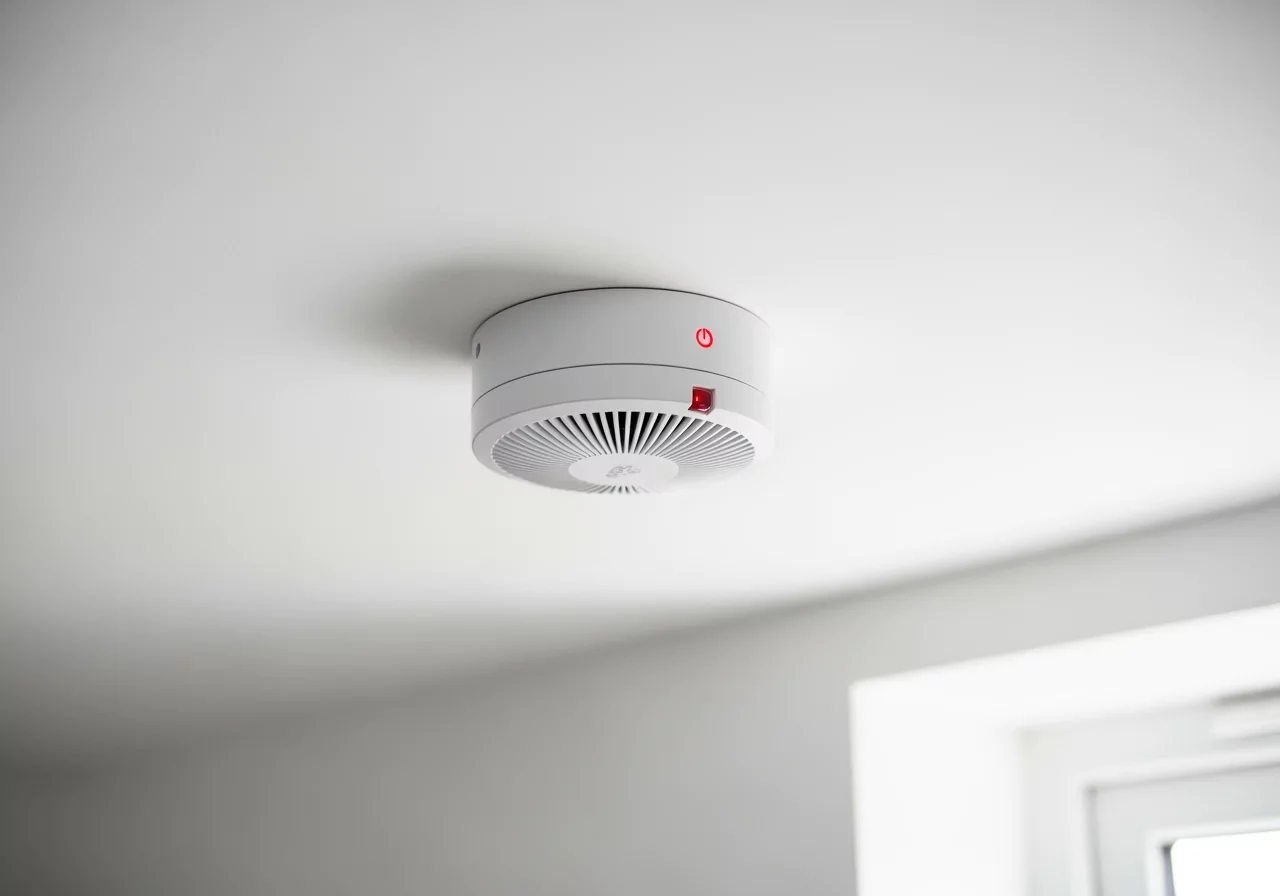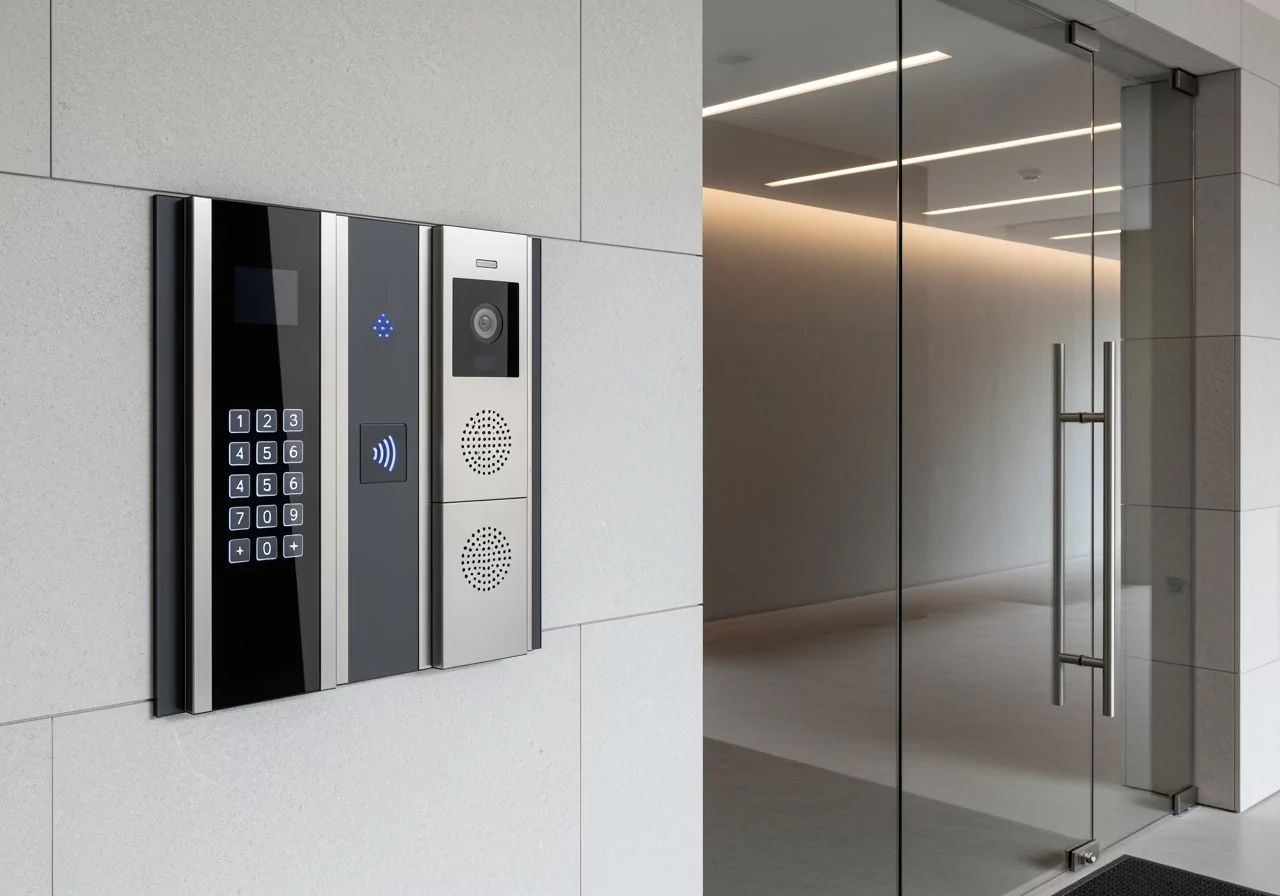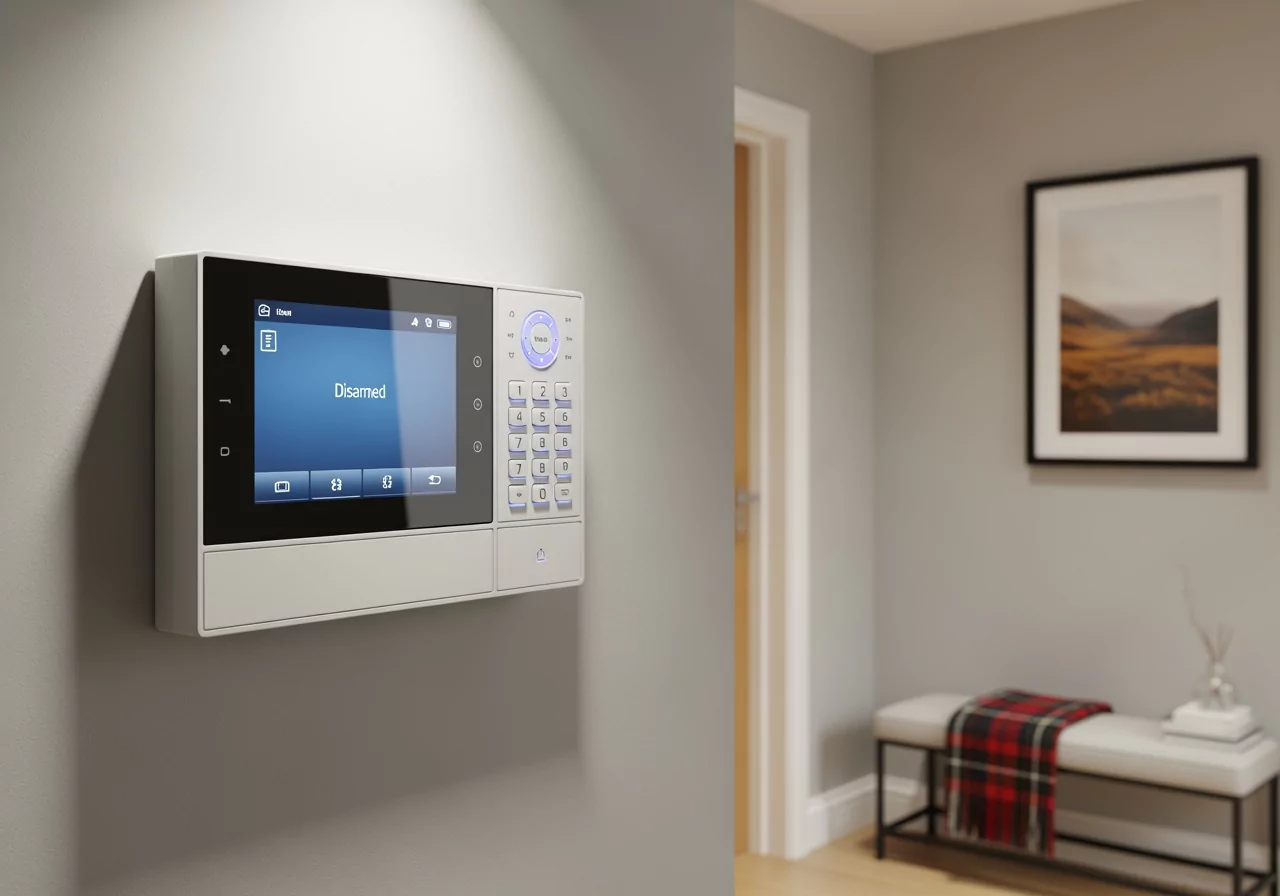Call us now
01738 509000
Business Electrical Compliance in Scotland: What Every Perth Company Needs to Know About EICR, PAT Testing & Safety Certificates
If you run a business in Perth or anywhere in Scotland, electrical compliance isn’t just a formality—it’s a legal requirement and a vital part of workplace safety. This guide explains what your business needs to know about EICR reports, PAT testing, and electrical safety certificates, so you can stay compliant, avoid penalties, and protect your people and property.
Why Electrical Compliance Matters for Scottish Businesses
Electrical safety regulations in Scotland are designed to prevent fires, shocks, and workplace injuries. Compliance isn’t just about ticking a box for authorities—it’s about demonstrating your commitment to safety and professionalism. Here’s why it matters:
- Meet your legal duties under Scottish law and the Electricity at Work Regulations 1989.
- Reduce the risk of fire, electric shock, and business disruption.
- Ensure your insurance remains valid and claims are not rejected.
Understanding EICR Reports for Businesses
An Electrical Installation Condition Report (EICR) is a formal, expert assessment of your business’s fixed electrical systems—covering wiring, distribution boards, sockets, lighting, and more. In Scotland, EICRs are a legal requirement for most commercial premises, with the standard interval being every five years, or even sooner for higher-risk environments such as factories, kitchens, or places with heavy equipment.
The EICR process is designed to identify any deterioration, defects, or safety risks that could cause electric shocks, fires, or equipment failures. It’s not just a tick-box exercise—an EICR helps you spot hidden dangers before they become real hazards.
- A qualified, registered electrician inspects your entire electrical installation for damage, wear, faults, and compliance with current regulations (BS 7671).
- You receive a detailed written report highlighting any issues, coded by urgency (C1 = immediate danger, C2 = potentially dangerous, C3 = improvement recommended).
- Any C1 or C2 issues must be fixed quickly to ensure your business stays compliant, safe, and fully insured.
- Your EICR certificate serves as official proof for insurers, landlords, and local authorities that your property meets Scottish safety laws.
It’s recommended to keep a schedule for your next EICR and to act immediately on any recommendations. Proactive compliance protects your business, reputation, and everyone on site.
PAT Testing: What Every Business Must Know
PAT testing (Portable Appliance Testing) is an essential safety check for any business that uses plug-in electrical equipment. This includes everything from computers and printers to kettles, extension leads, and power tools. PAT testing is not just for offices—shops, restaurants, workshops, and all workplaces need it.
PAT testing involves both a visual inspection and specialist electrical tests to check for faults, damage, or wear that could cause an electric shock or fire. Employers have a duty to maintain equipment in a safe condition under the Health and Safety at Work Act.
- Prevents electric shocks, burns, and workplace fires by catching faults early.
- Satisfies insurers—some policies require proof of regular PAT testing.
- Each item tested is labelled with a pass/fail sticker and logged in your compliance records, making audits and inspections straightforward.
- Frequency of testing depends on your equipment and environment—high-usage or high-risk areas need more frequent checks.
Regular PAT testing is a simple way to demonstrate your commitment to safety and legal compliance.
Electrical Safety Certificates: Your Proof of Compliance
Once your EICR and PAT testing are completed, you will receive electrical safety certificates for your business. These certificates are essential documentation that show you’ve met your legal obligations and taken reasonable steps to prevent electrical hazards.
- Used for insurance claims, renewals, and proving compliance to authorities.
- Required for letting or selling business premises.
- Demonstrates you’re meeting your duty of care to staff and visitors.
We issue all certificates promptly and keep digital copies for your convenience, so you’re always prepared for inspections or audits.
How Our Compliance Process Works
We make electrical compliance simple and stress-free for Scottish businesses:
- Free consultation and compliance advice.
- EICR and PAT testing at a time that suits you.
- Clear reports and certificates issued fast.
- Ongoing reminders for future checks and compliance dates.
Why Choose Us for Business Electrical Compliance in Perth?
- Fully qualified, insured, and experienced commercial electricians.
- Honest, practical advice with no jargon.
- Fast, tidy service and minimal disruption to your business.
- Ongoing support and compliance reminders.
Book your business electrical compliance check in Perth or anywhere in Scotland today.
☎️ Call: 01738 509000
✉️ Email: info@macdalelectrical.co.uk

